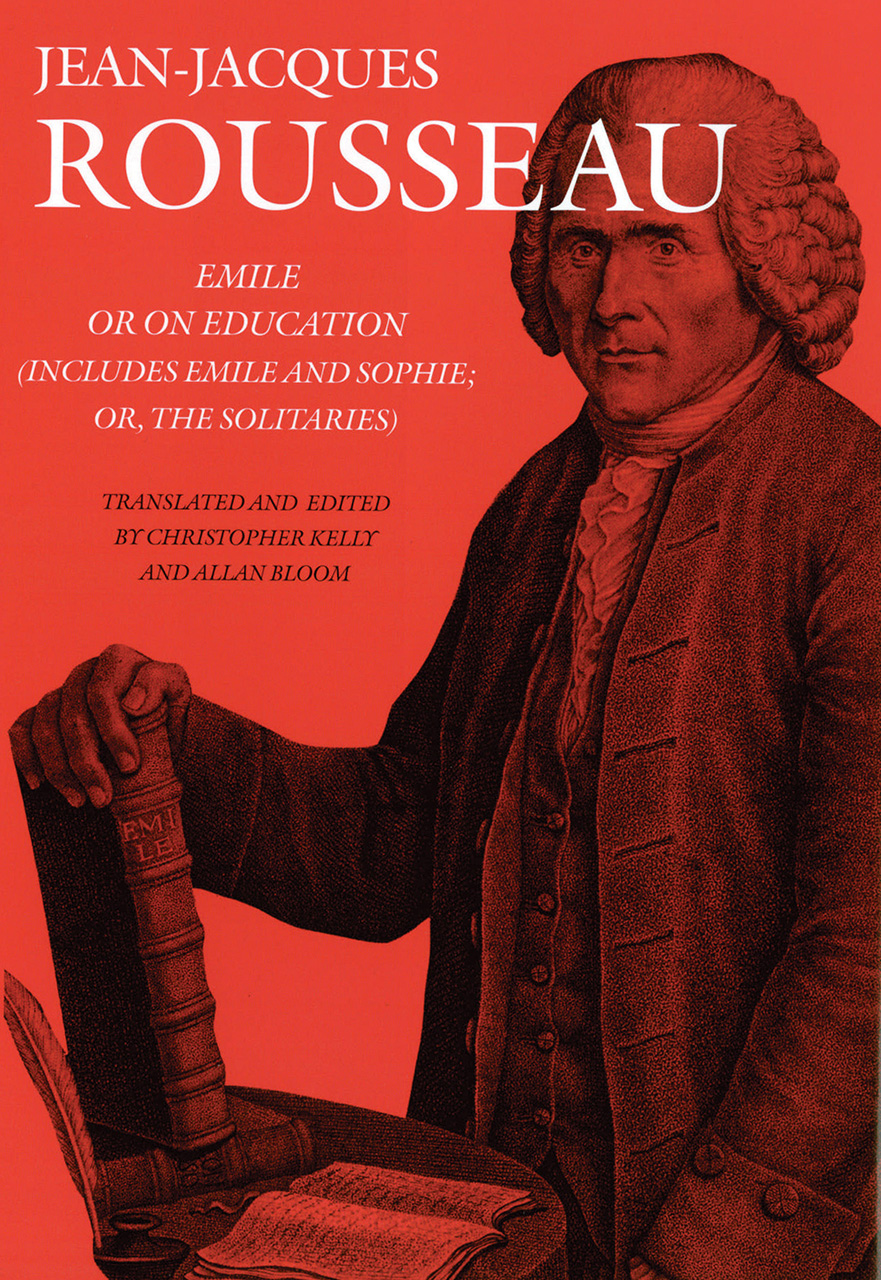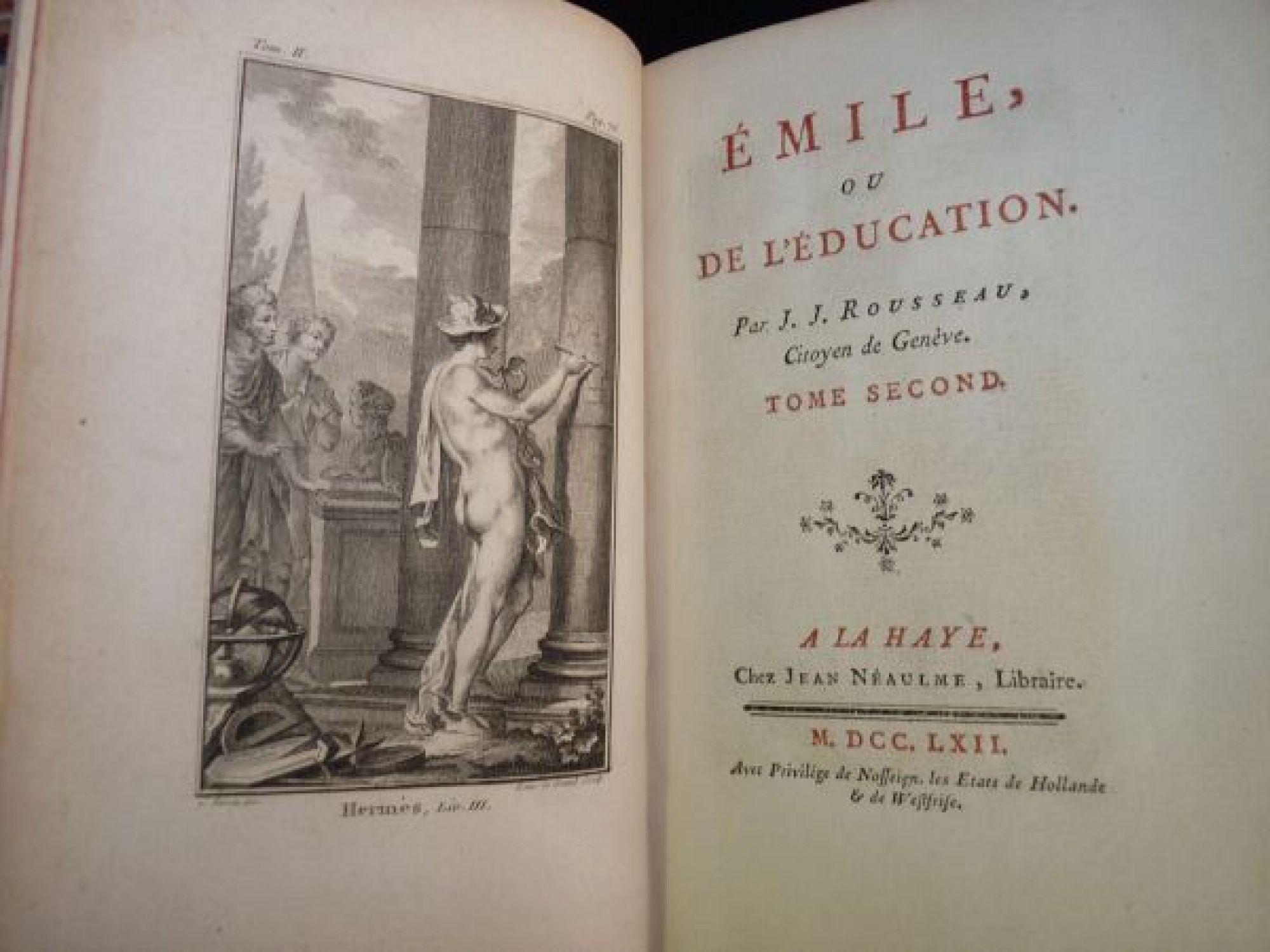

It is regarded by some as the first philosophy of education in Western culture to have a serious claim to completeness, as well as being one of the first Bildungsroman novels. Rousseaus work Emile: or On Education (1762) is concerned, like all of his major writings and like those of many of his Enlightenment contemporaries. Emile is scarcely a detailed parenting guide but it does contain some specific advice on raising children. He employs the novelistic device of Emile and his tutor to illustrate how such an ideal citizen might be educated. Rousseau seeks to describe a system of education that would enable the natural man he identifies in The Social Contract (1762) to survive corrupt society. During the French Revolution, Emile served as the inspiration for what became a new national system of education. It was originally published just several months after the.

Due to a section of the book entitled Profession of Faith of the Savoyard Vicar, Emile was banned in Paris and Geneva and was publicly burned in 1762, the year of its first publication. The Emile or On Education is essentially a work that details Rousseaus philosophy of education. Jean-Jacques Rousseau considered it to be the best and most important of all his writings. Emile or Concerning Education by Jean Jacques Rousseau - mile, or On Education is a treatise on the nature of education and on the nature of man written by. Book Synopsis Emile, or On Education or mile, or Treatise on Education is a treatise on the nature of education and on the nature of man.


 0 kommentar(er)
0 kommentar(er)
